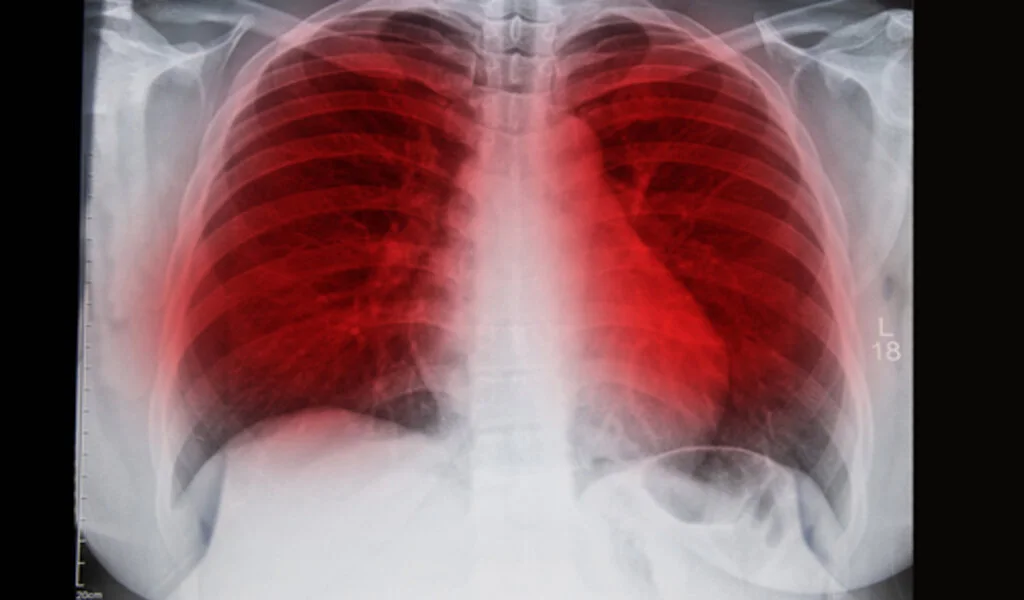(CTN News) – Xiaoshuang Feng, PhD., and colleagues have found that a Lung Cancer protein-based risk model outperforms two existing prediction tools in accurately predicting lung cancer.
This conclusion was drawn from a case-control study published in the Journal of the National Cancer Institute. The study analyzed data from six prospective cohorts, consisting of 624 lung cancer patients who were matched with cancer-free participants.
The matching process was conducted meticulously, taking into account factors such as study center, gender, date of blood collection, date of birth, smoking status, quit years for former smokers, and intensity of smoking for current smokers.
Out of these pairs, four cohorts were utilized to identify proteins and train the risk model. Subsequently, two cohorts comprising 154 pairs were used to compare the performance of the protein-based model with the Early Cancer Detection Test (EarlyCDT)-Lung model and the PLCOm2012, a smoking-based risk model.
The results of the study showed that the protein-based model was able to accurately distinguish between individuals with lung cancer and those without, even when they had similar smoking histories.
The overall performance of the model, as measured by the area under the curve, was 0.75, which was higher than the PLCOm2012 model’s performance of 0.64.
In addition to the overall performance, the protein-based model also outperformed the PLCOm2012 and EarlyCDT-Lung models in terms of sensitivity.
Sensitivity refers to the ability of a model to correctly identify individuals with the condition of interest. The protein-based model had a sensitivity of 49%, compared to 30% for the PLCOm2012 model and 14% for the EarlyCDT-Lung model.
This means that the protein-based model was better at correctly identifying individuals with lung cancer.
All three models, including the protein-based model, demonstrated a specificity of 86%. Specificity refers to the ability of a model to correctly identify individuals without the condition of interest. A specificity of 86% means that the models were able to accurately identify individuals without lung cancer.
Based on these promising results, the authors of the study are optimistic about conducting further evaluation on a larger sample size.
This suggests that they believe the protein-based model has the potential to be a valuable tool in the early detection and diagnosis of lung cancer.
By testing the model on a larger sample size, they can further validate its performance and assess its potential for clinical use.
SEE ALSO:






